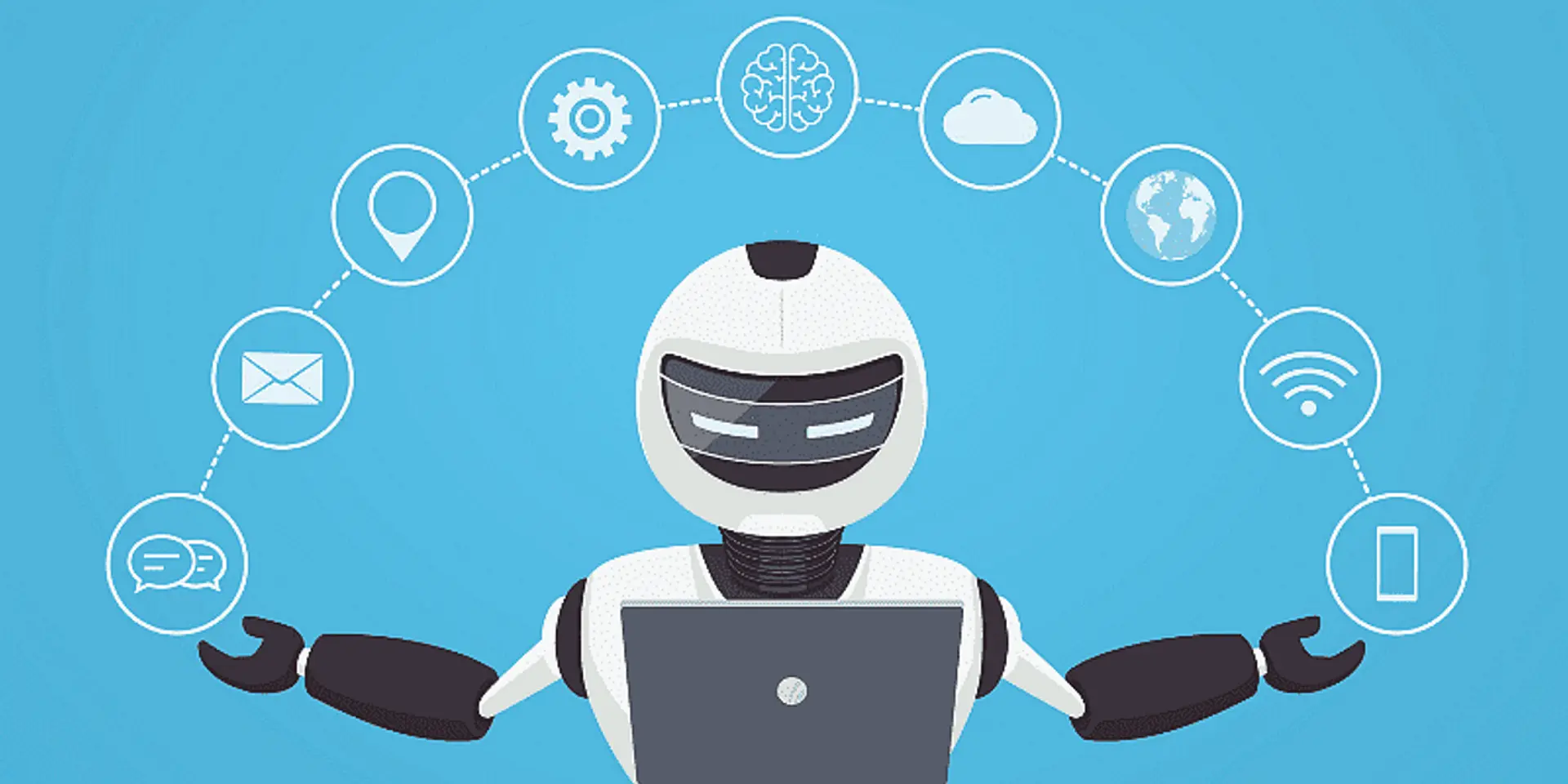How Artificial Intelligence and ML infrastructure are transforming the digital marketing landscape
Digital marketing never really existed without AI. Initially, it served the purpose of gathering valuable inputs and now has equivalently become essential for executing the output.
What was once an accession is now a necessity in digital marketing. Artificial Intelligence (AI) and Machine Learning (ML) have advanced into the nitty-gritty of every process that involves data processing, and more so into digital marketing to penetrate the vast ecosystem that it functions in. It has more than personified robots and vibrant screens flashing numbers that have been projected by sci-fi movies since the 70s.
Digital marketers’ biggest ally
Being smart in marketing means knowing what is just around the corner, predicting future developments, and preparing for inevitable changes that will alter your consumer base. Digital marketing, on this front, greatly relies on leveraging insights from the enormous amounts of data collected through consumer interactions.
AI and ML are how this data is collected, stored, processed, and made available for prompt usage. The more it is developed for this purpose, the more effective it will be in automating processes and optimising digital marketing campaigns based on customer profiles and journeys.
AI can curate and generate content, then place it in front of the right people on the right platforms.
ALSO READ

Artificial Intelligence is getting real
AI has the potential to curate content, enhance customer experience with chatbots, conduct behavioural and predictive analytics, enable voice search and speech recognition. Furthermore, hyper-personalised marketing strategies based on super big data sets are going to come up. Chatbots have become a standard, and in the future, they will only advance to a more error-free entity for 24x7 consumer assistance.
Content creators and content marketers can benefit from AI’s ability to target the right audience with the right content. Advertising and marketing will be wrapped in AR and VR, for improved customer experience.
Algorithms and ML for problem-solving, data analysis, content creation, and report curation will automate the process.
AI can be trusted only as long as you control the learning advancements of the tool. Imagine AI to be a newborn child who learns certain behaviours and skills in the first few months and displays the same in relevant situations later. AI too processes consumer information and marketing strategies data and displays an apt output for the brief.
It’s not AI vs humans, but humans+AI
Marketers will always need a human touch of empathy and compassion to connect with their customers. This is an aspect that machines cannot emulate. Maybe 10 years down the line, there will be an algorithm for this too. But for now, it is a long haul. AI shares the workload with its human counterpart.
Marketing requires a human understanding of human minds to have meaningful communication. Digital marketers need not fear being replaced by AI. AI creates new skills to master and new positions to be filled in. Let’s take AI as a push to human capabilities rather than fearing the same.
AI dynamics are eternal
As with most developments, artificial intelligence will have both favourable and adverse effects on society as it continues to reshape our culture. The advent of advanced marketing and the internet revolution put the limelight on aspects like consumer behaviour, content marketing, search history tracking, SEO, and speech recognition.
Mindful of the current dynamics of AI, in the future, it is expected to assist businesses in developing a customer-centric corporate culture and achieving marketing objectives such as personalization, accurate predictive analyses, deciphering customer behaviour, modifying the engagement, and pitching process, and saving time on lead generation and conversion. Although a lot has already been accomplished, the scope is vast and opportunities are infinite.
Edited by Kanishk Singh
(Disclaimer: The views and opinions expressed in this article are those of the author and do not necessarily reflect the views of YourStory.)







